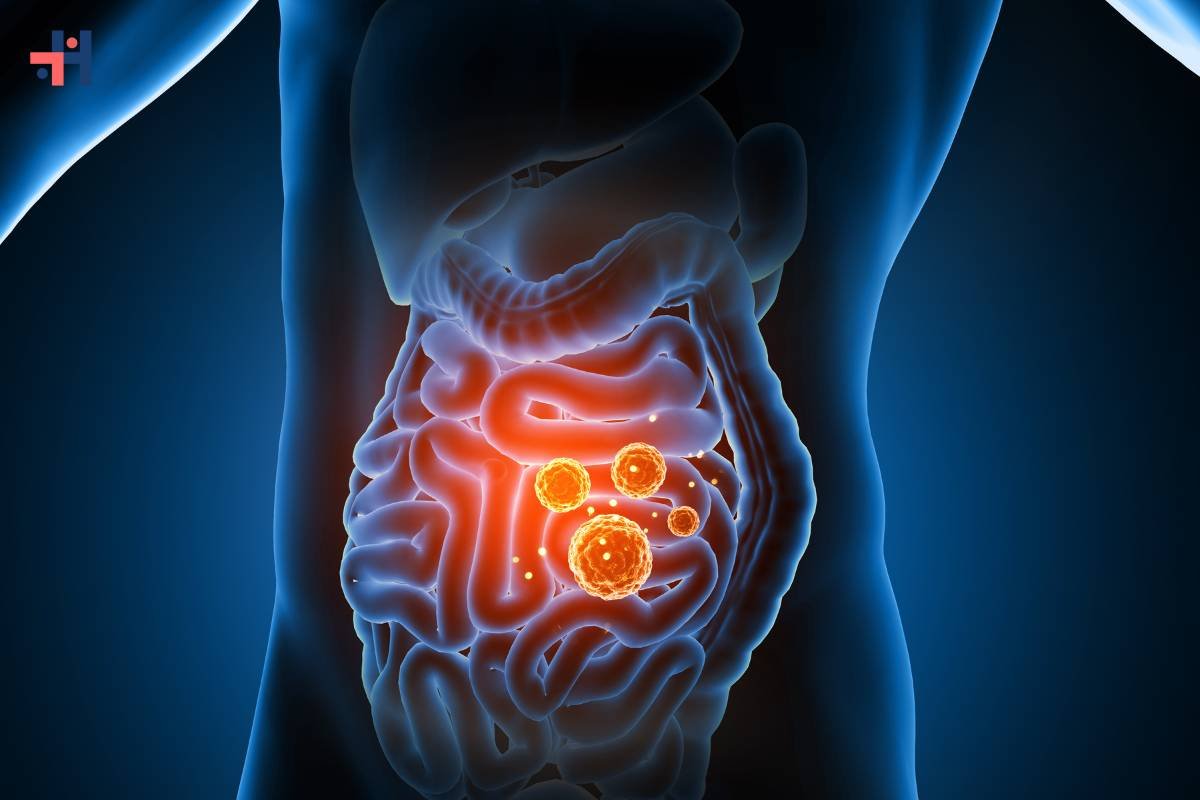Inflammation, a fundamental immune response to injury or infection, has emerged as a critical factor influencing fertility outcomes in both men and women. While acute inflammation is essential for tissue repair and defense against pathogens, chronic inflammation can disrupt hormonal balance, impair reproductive function, and hinder conception. In this comprehensive exploration, we delve deeper into the multifaceted interplay between inflammation and fertility, examining its underlying mechanisms and offering evidence-based strategies to optimize reproductive health.
The Impact of Chronic Inflammation and Fertility:
Chronic inflammation, characterized by persistent immune activation and tissue damage, can have profound effects on reproductive health. In women, chronic inflammation has been linked to conditions such as endometriosis, PCOS, PID, and unexplained infertility. These inflammatory conditions can disrupt ovarian function, impair ovulation, and interfere with embryo implantation, thereby reducing fertility. In men, chronic inflammation and fertility can adversely affect sperm quality, motility, and morphology, leading to reduced sperm count and impaired fertilization capacity.
The Role of Inflammation and Fertility Mediators in Reproduction:

Inflammation exerts its effects on fertility through various molecular pathways and inflammatory mediators. Pro-inflammatory cytokines such as interleukin-6 (IL-6), interleukin-1 beta (IL-1β), and tumor necrosis factor-alpha (TNF-α) play key roles in modulating ovarian function, follicular development, and sperm production. These cytokines can disrupt the delicate balance of hormones involved in reproductive processes, including follicle-stimulating hormone (FSH), luteinizing hormone (LH), estrogen, and progesterone. Additionally, inflammatory mediators can impair endometrial receptivity, compromising the chances of successful embryo implantation and pregnancy.
The Gut Microbiome and Reproductive Health:
Emerging research suggests that the gut microbiome, the diverse community of microorganisms residing in the gastrointestinal tract, plays a crucial role in modulating inflammation and fertility outcomes. Dysbiosis, or imbalance in the gut microbiota composition, has been associated with systemic inflammation and reproductive disorders. Disruptions in gut microbial diversity and composition can trigger immune dysregulation, leading to chronic inflammation and compromising reproductive function. Probiotics, prebiotics, and dietary fiber have been shown to promote a healthy gut microbiome and reduce inflammation, potentially benefiting fertility.
Endocrine Disruptors, Inflammation, and Fertility:
Exposure to environmental endocrine-disrupting chemicals (EDCs) has been implicated in the development of inflammatory conditions and reproductive disorders. EDCs, such as bisphenol A (BPA), phthalates, and polychlorinated biphenyls (PCBs), can mimic or interfere with endogenous hormones, disrupting hormonal signaling pathways and promoting inflammation. These chemicals have been linked to conditions like endometriosis, PCOS, and male infertility. Minimizing exposure to EDCs through lifestyle modifications, dietary choices, and environmental precautions may help reduce inflammation and protect reproductive health.
Stress, Inflammation, and Fertility:

Chronic stress, characterized by prolonged activation of the body’s stress response system, can contribute to systemic inflammation and fertility. Stress-induced inflammation can disrupt the hypothalamic-pituitary-adrenal (HPA) axis and the hypothalamic-pituitary-gonadal (HPG) axis, leading to hormonal imbalances and reproductive dysfunction. Additionally, stress-related behaviors such as poor sleep quality, unhealthy diet, and sedentary lifestyle habits can exacerbate inflammation and further compromise fertility. Implementing stress management techniques such as mindfulness meditation, yoga, and relaxation exercises can help mitigate stress-induced inflammation and support reproductive health.
Dietary Factors and Inflammation:
Diet plays a significant role in modulating inflammation and fertility outcomes. A diet rich in anti-inflammatory foods such as fruits, vegetables, whole grains, lean proteins, and healthy fats can help reduce inflammation and support reproductive health. On the other hand, a diet high in processed foods, refined sugars, trans fats, and excessive alcohol can promote inflammation and impair fertility. Specific dietary components, including omega-3 fatty acids, antioxidants, and phytonutrients, have been shown to exert anti-inflammatory effects and benefit fertility. Adopting a balanced and nutrient-rich diet can contribute to a healthy inflammatory response and optimize fertility outcomes.
Physical Activity and Inflammation:
Regular physical activity has been associated with reduced inflammation and improved reproductive health. Exercise helps lower levels of pro-inflammatory cytokines, such as IL-6 and TNF-α, while promoting the release of anti-inflammatory cytokines and endorphins. Additionally, physical activity can enhance blood flow to reproductive organs, support hormonal balance, and reduce stress levels, all of which contribute to optimal fertility. Incorporating moderate-intensity aerobic exercise, strength training, and flexibility exercises into a balanced fitness routine can support overall well-being and enhance fertility.

Sleep Quality and Reproductive Health:
Inadequate sleep quality and duration have been linked to increased inflammation and adverse effects on reproductive health. Sleep disturbances disrupt circadian rhythms, alter hormone levels, and promote systemic inflammation, all of which can negatively impact fertility. Prioritizing good sleep hygiene practices, such as maintaining a consistent sleep schedule, creating a relaxing sleep environment, and limiting screen time before bedtime, can help improve sleep quality and support reproductive function. Addressing sleep disorders such as insomnia, sleep apnea, and restless leg syndrome through lifestyle modifications and medical interventions may also benefit fertility.
Conclusion:
The intricate relationship between inflammation and fertility underscores the importance of addressing inflammation as part of a comprehensive approach to reproductive health. By understanding the underlying mechanisms linking inflammation to fertility disorders and implementing evidence-based strategies to reduce inflammation, individuals and couples can optimize their chances of conceiving and achieving healthy pregnancies. From dietary modifications and stress management techniques to lifestyle interventions and environmental precautions, there are numerous avenues for mitigating inflammation and supporting optimal reproductive function. Working closely with healthcare providers and fertility specialists can help individuals navigate the complex interplay between inflammation and fertility and tailor interventions to meet their unique needs and circumstances.










